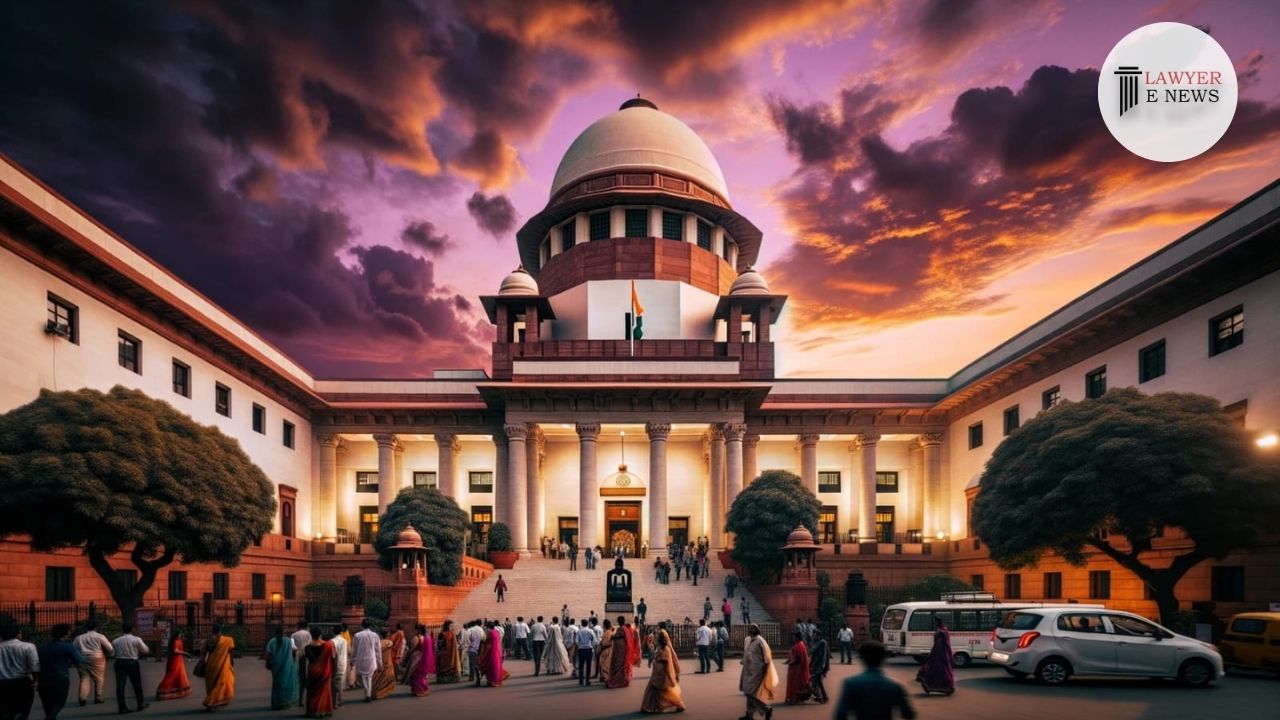-
by sayum
14 February 2026 2:22 PM



In a significant ruling, the Supreme Court of India acquitted K.H. Balakrishna, the appellant in a high-profile kidnapping case, citing insufficient evidence. The judgment, delivered on March 21, 2023, by Justices V. Ramasubramanian and Pankaj Mithal, overturned the earlier convictions under Sections 366, 342, and 506 of the Indian Penal Code (IPC).
The apex court, in its judgment, emphasized the lack of substantial evidence supporting the prosecution's claims. Justice Pankaj Mithal, in his remarks, stated, "The impugned judgment and orders of the courts have completely failed to take into consideration the above aspects of the matter in holding the appellant guilty of the offenses solely on the basis of the statement of PW2, which as described above is not sufficient to prove the appellant guilty."
The case revolved around the alleged kidnapping of a woman, referred to as PW2, who had known the appellant since 1993. The victim's statement revealed a history of familiarity and an engagement that was ultimately called off due to the appellant's employment status. The court noted that there was no evidence to establish that the appellant forcibly took or kidnapped the victim against her will. Furthermore, the victim's conduct suggested a possible elopement, rather than an abduction.
Highlighting the absence of maltreatment or coercion during the period the victim and the appellant were together, the court stated, "The appellant behaved decently and assisted the victim in contacting her family members." The defense presented evidence supporting a marriage proposal between the appellant and the victim, which culminated in a temple wedding. The court found this evidence significant and highlighted the victim's apparent happiness and active participation in the ceremony.
Given the lack of conclusive evidence and the positive conduct of both parties since the alleged incident, the Supreme Court deemed the conviction and sentence untenable. "In the aforesaid facts and circumstances, we are of the opinion that conviction and the sentence as awarded by the trial court and confirmed by the High Court cannot be sustained in law," stated Justice V. Ramasubramanian.
Date of Decision: March 21, 2023
K.H. BALAKRISHNA vs THE STATE OF KARNATAKA
